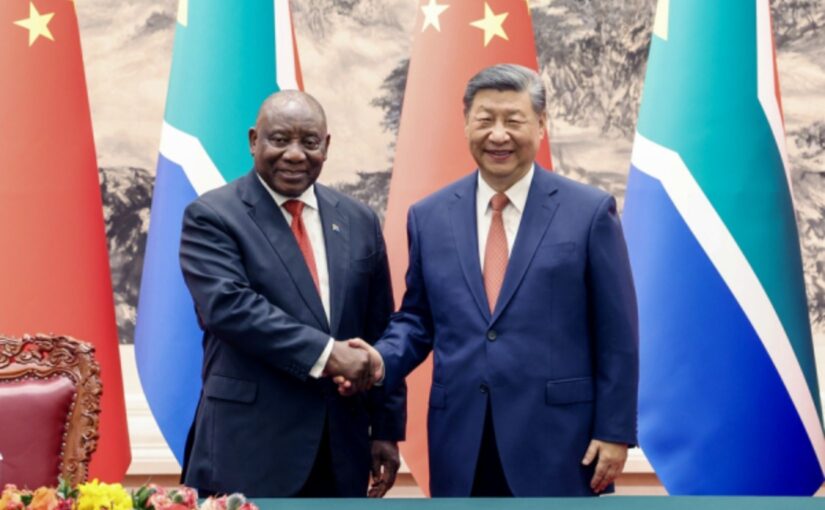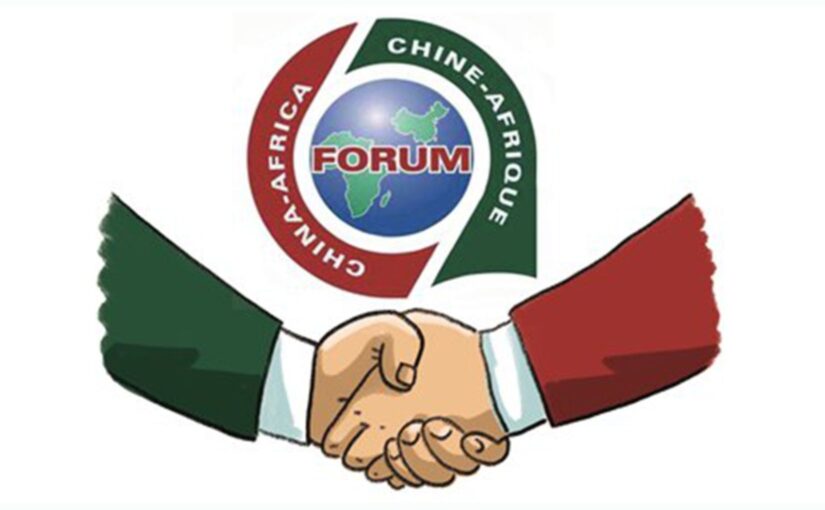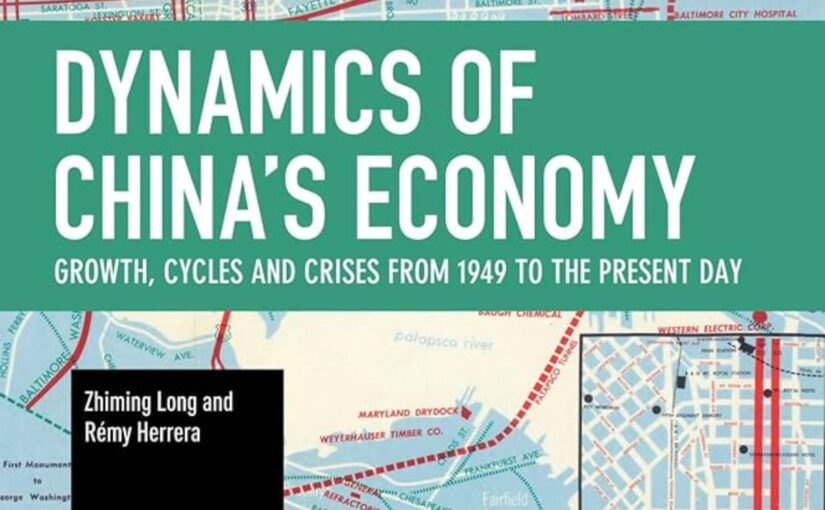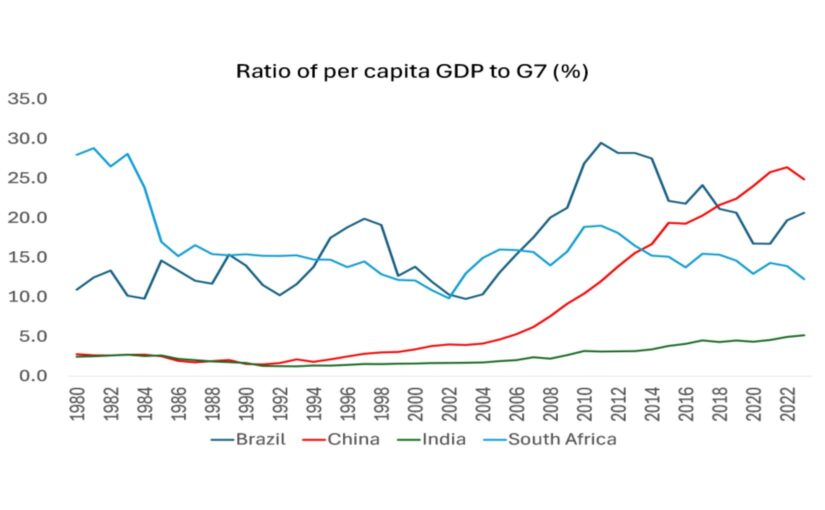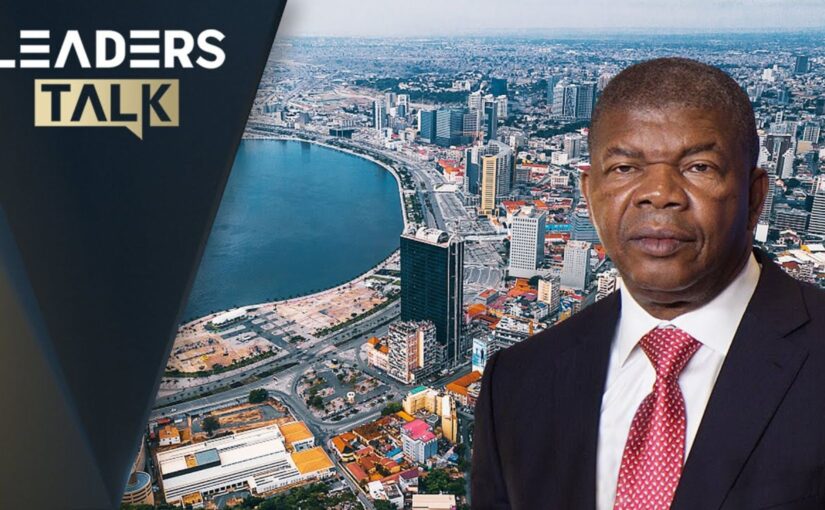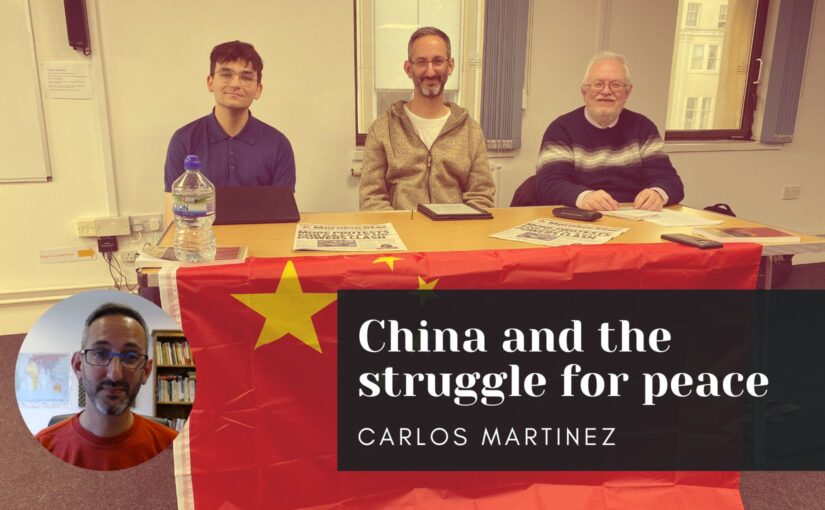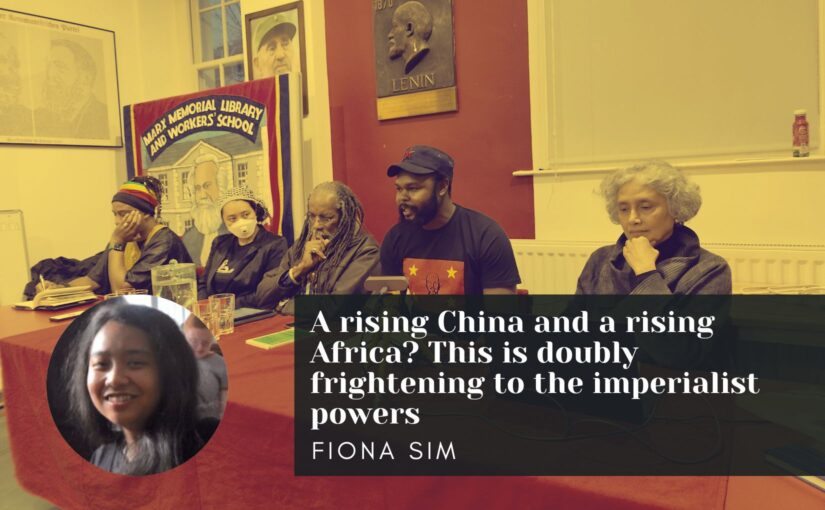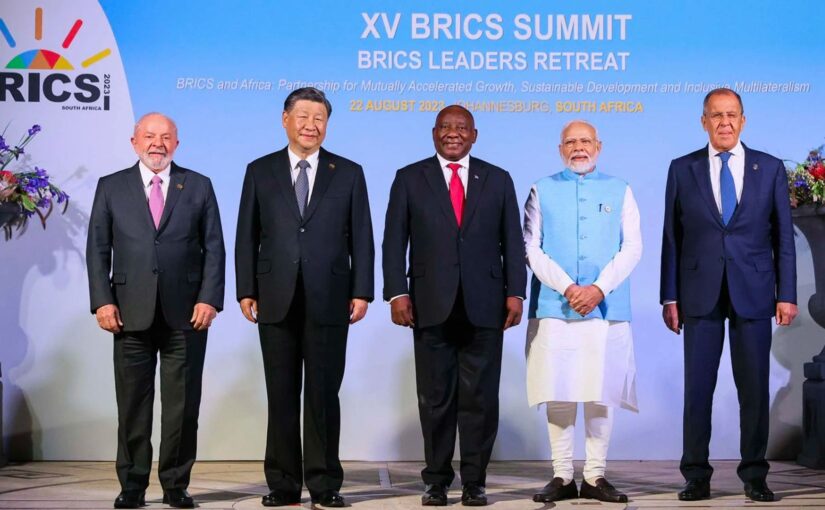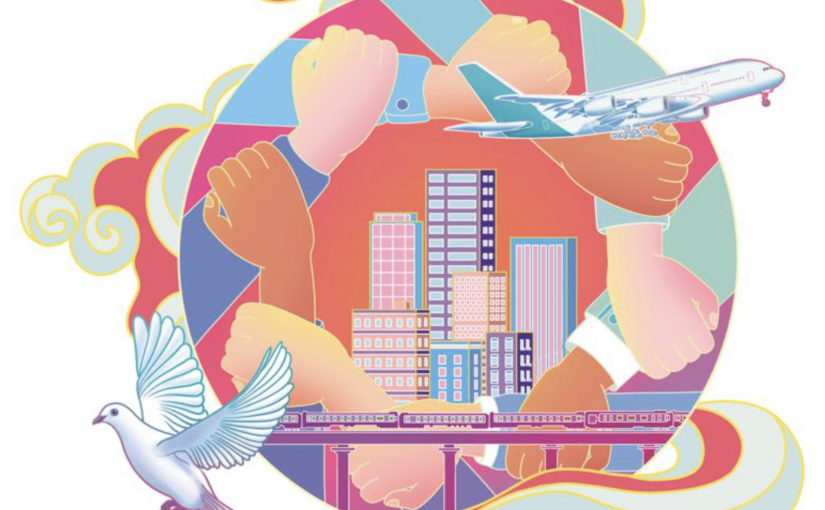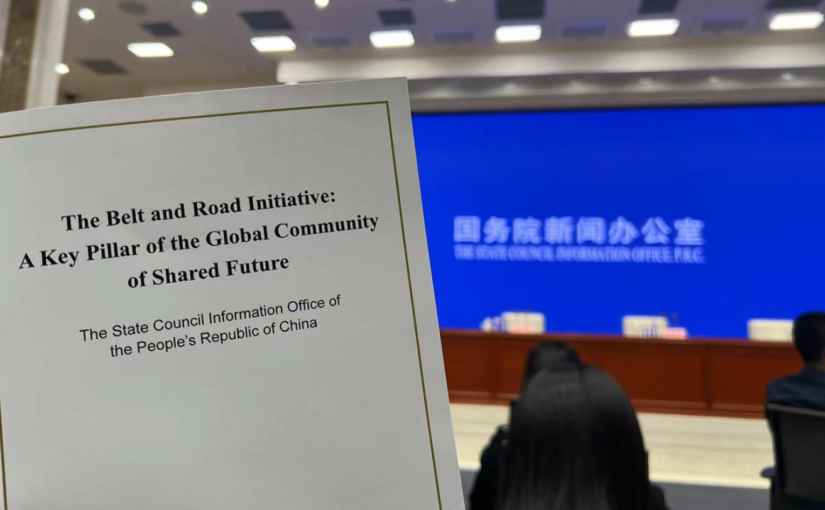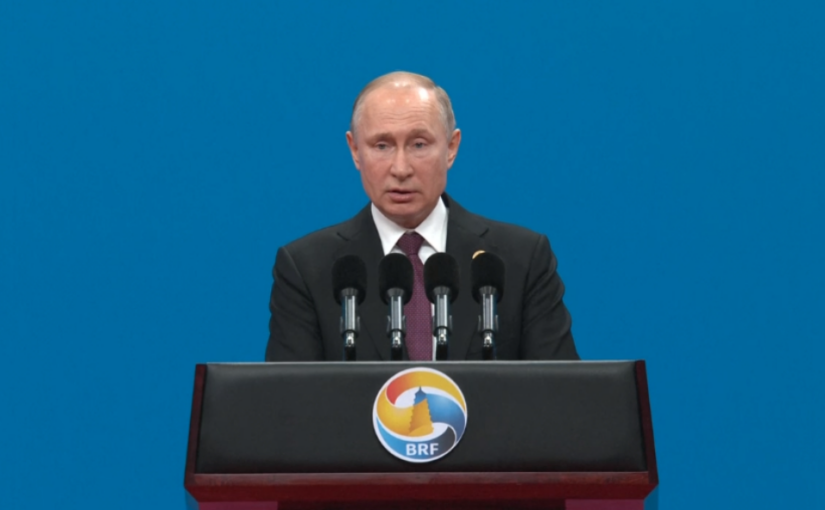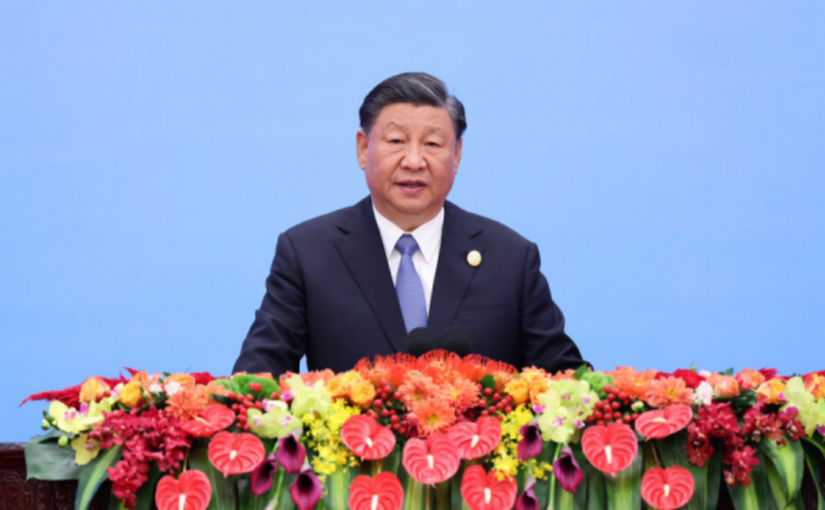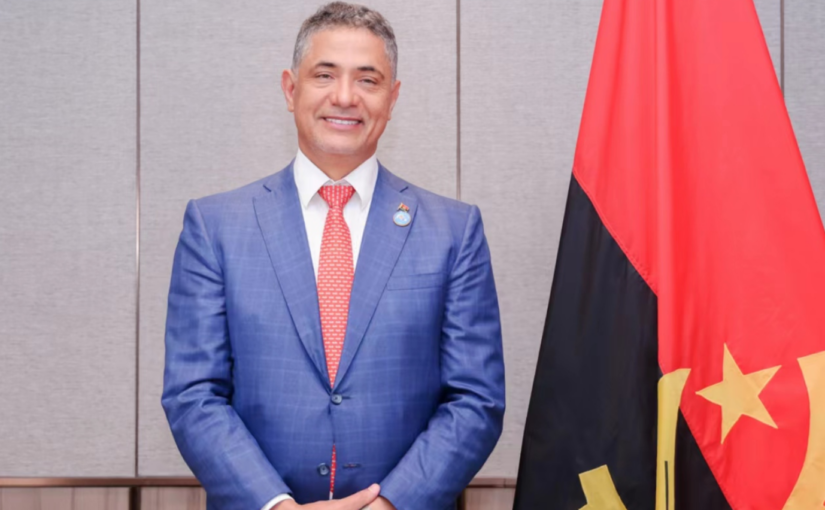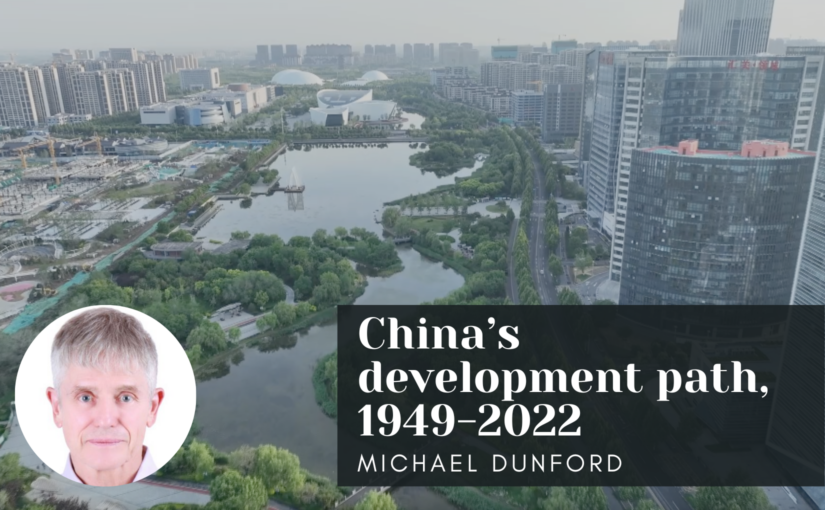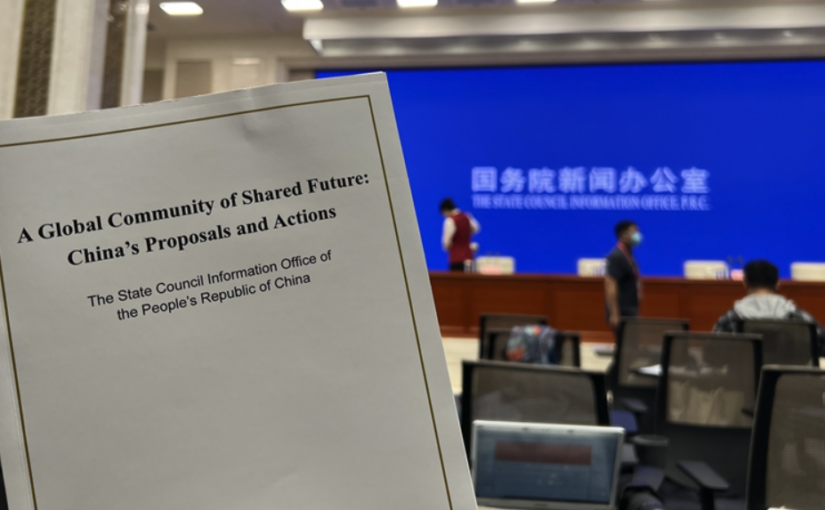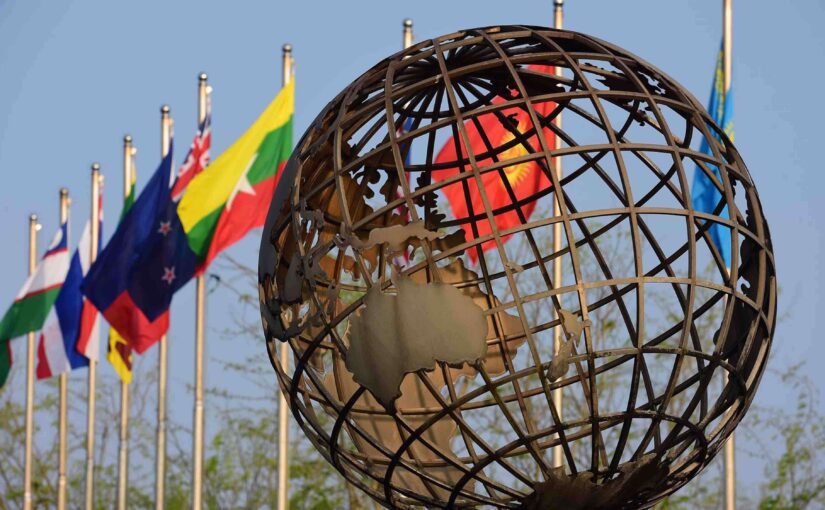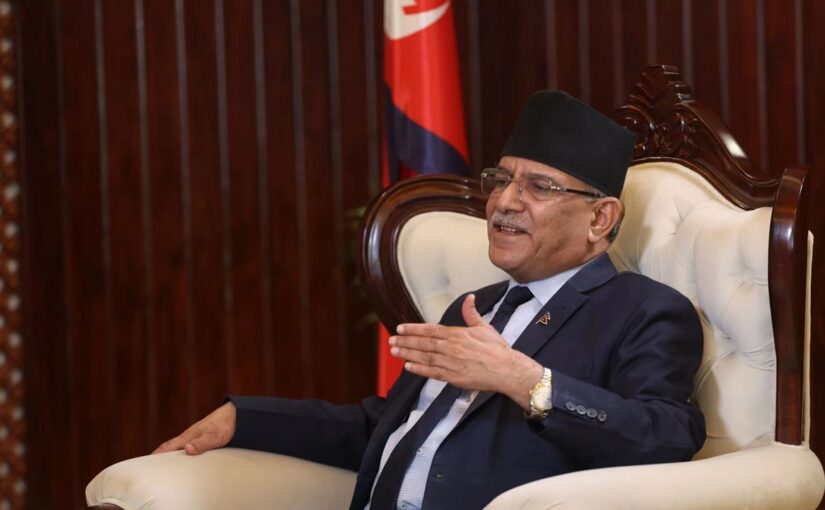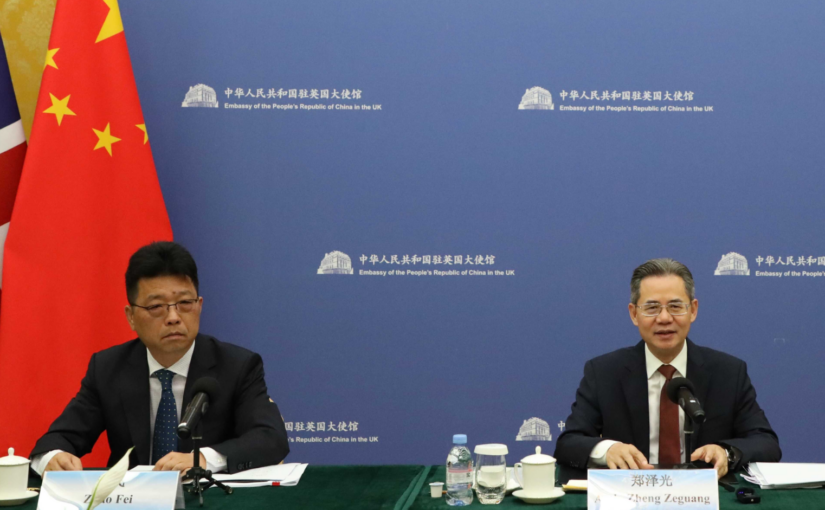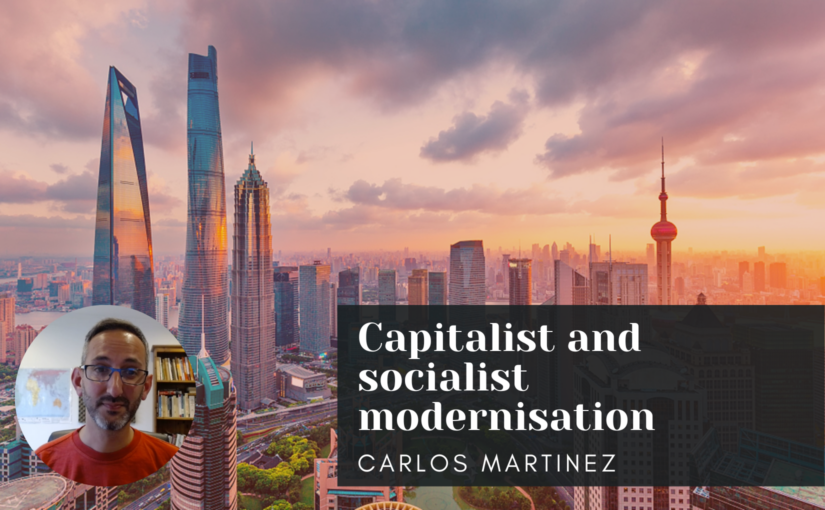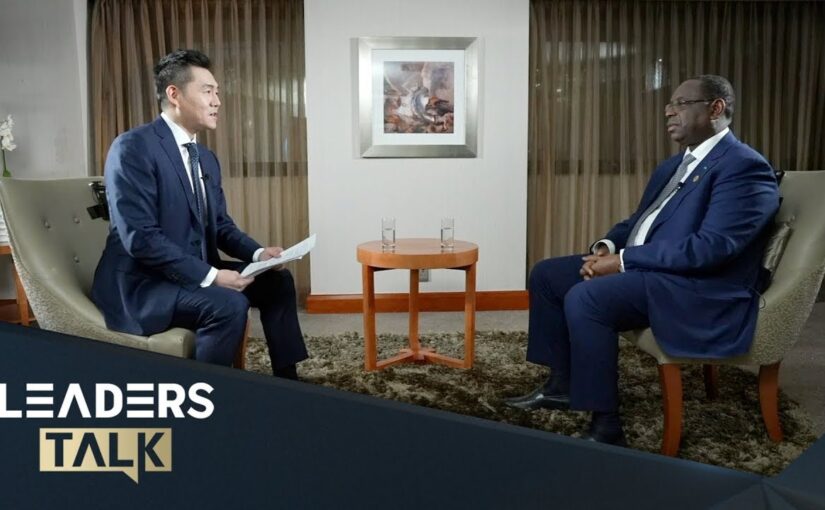With the Forum on China-Africa Cooperation (FOCAC) summit being held in Beijing from September 4-6, as the country’s greatest diplomatic event of 2024, leaders of some 50 African countries began arriving in the Chinese capital from the beginning of the month.
Among President Xi Jinping’s first bilateral meetings with his visitors was that in the afternoon of September 2 with South African President Cyril Ramaphosa, who also paid a state visit to China that day.
At their meeting, President Xi pointed out that the friendship between China and South Africa stems from their mutual support in the fight for national liberation, from their mutual assistance in advancing national development, and from their unity and coordination in pursuit of international equity and justice. This year marks the 75th anniversary of the founding of the People’s Republic of China, and also the 30th anniversary of the new South Africa. Despite changes in the international landscape, there has been no change to the mission of China and South Africa to pursue modernisation, no change to their commitment to promoting China-Africa cooperation, and no change to their aspiration to improve global governance. Greater unity and cooperation between China and South Africa meet the expectations of the two peoples and is consistent with the historic process of the growth of the Global South. It has important significance for the times and implications for the world.
The Chinese leader further stressed that transformation unseen in a century is accelerating across the world and human society is facing unprecedented challenges. The more complex the international landscape, the more important that countries of the Global South stay committed to independence, solidarity and coordination to jointly safeguard international equity and justice.
President Ramaphosa recalled the fourth successful state visit by President Xi to South Africa last year where the two sides celebrated the 25th anniversary of their diplomatic ties and brought the relationship into a golden era. South Africa and China enjoy strong political trust and deep friendship and share similar positions and the same goals on many issues, he stressed.
Following the signing of a number of bilateral cooperation documents, the two countries issued the Joint Statement Between the People’s Republic of China and the Republic of South Africa on the Establishment of an All-Round Strategic Cooperative Partnership in the New Era.
The two sides reaffirmed that they cherish the special and ever-growing friendship between the two countries and recommitted to working together towards building a high-quality China-South Africa community with a shared future. To carry forward the friendship, consolidate mutual trust, expand cooperation and enhance coordination, the two Heads of State agreed to elevate the bilateral relationship to an all-round strategic cooperative partnership in the new era, underpinned by strong political ties and focused on a prosperous future with balanced trade and accelerated transformative economic growth.
China congratulated President Ramaphosa on his re-election as President of the Republic of South Africa, and believes that under his leadership, the South African Government of National Unity will achieve success in building a united, just, equal and prosperous country as espoused in the National Development Plan, including maintaining an independent and non-aligned foreign policy based on the principle of progressive internationalism. China firmly supports national unity and the path of economic and social development that South Africa has chosen and respects efforts by the South African government to safeguard its national interests so as to improve the lives of all South Africans. The South African government reaffirmed its commitment to the One-China Policy, recognised that there is but one China in the world, the Government of the People’s Republic of China is the sole legal government representing the whole of China, and Taiwan is an inalienable part of China. South Africa supports efforts made by the Chinese government to achieve national reunification.
Regarding economic cooperation, the two sides agreed to work on strengthening cooperation and synergy between China’s Belt and Road Initiative and South Africa’s Economic Reconstruction and Recovery Plan and to continue implementing the 10 Years Strategic Programme of Cooperation between the People’s Republic of China and the Republic of South Africa (2020-2029).
They agreed that promoting modernisation is the joint goal in building a high-level South Africa-China community with a shared future. The two sides will deepen cooperation in traditional fields such as agriculture, health, medical sciences and infrastructure development. However, they will further seize opportunities presented by the new scientific and technological revolution and industrial transformation, focusing on key areas such as the digital economy, new energies and artificial intelligence, boost cooperation on new quality productive forces, and further expand mutually beneficial cooperation in renewable energy, energy storage and power transmission and distribution.
China is committed to sharing with South Africa experience in poverty alleviation and rural revitalisation, in building poverty alleviation model villages, and offering support for South Africa’s coordinated urban and rural development. The two sides further agreed to continue to strengthen exchanges and cooperation in the areas of culture, women, health, youth, education, sport, media, tourism, and other people-to-people cooperation fields.
The two sides applauded the recent 70th Anniversary of China’s Five Principles of Peaceful Coexistence, as these were espoused in the buildup to the Asia-Africa Summit of 1955 in Bandung and were later adopted as the main goals and objectives of the Non-Aligned Movement (NAM).
They also expressed deep concern about the serious humanitarian disaster in the Gaza Strip. Both countries called for the earnest implementation of UN Security Council Resolution 2728 and an immediate ceasefire and end to all fighting, and support resuming a process of political settlement of the Palestinian question. Alluding in particular to South Africa’s case against Israel, brought to the International Court of Justice, China commended the positive role that South Africa has played in activating the role of the international community in the conflict in Gaza and is willing to work together toward a comprehensive, just and lasting settlement at an early date. South Africa expressed its appreciation to China for successfully inviting various Palestinian factions to hold a reconciliation dialogue and to sign the Beijing Declaration.
We reprint below the report on the meeting, which was released by the Chinese Foreign Ministry, as well as the full text of the joint statement as published by the Xinhua News Agency.
